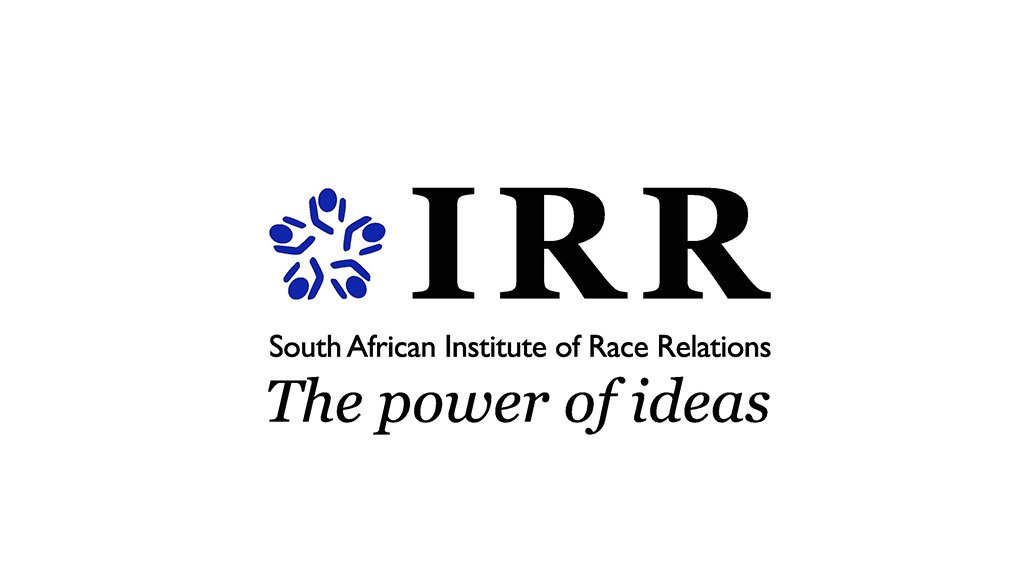Action Aid’s recent report ‘Mining in South Africa 2018 : Whose Benefit and Whose Burden?’ – based on a mining community survey – describes just how bad mining has been for South Africa, suggesting that four out of five people see ‘no positive impact’ from living near mines and ‘8% said mines brought sickness, dispossessions and damages’.
It complains that of the money generated by mines, government took R205-billion in tax and royalties an amount that represents 24% of ‘value’ generated by the companies, and adds that employees took 47% and shareholders 29%. Communities, it argues, received only R7.5-billion or 0.9% of the value.
This breakdown reveals a poor understanding of how economies work, how money flows within communities, and the scale of the indirect impact large companies have on surrounding communities. If 4 out of 5 of the people who live in a local community claim to see no benefit from living near a mine, that means that a full 20% of the community does see a direct benefit. But what about the indirect benefits?
The 0.9% the report indicates directly benefits the community accounts for money donated to the community through Social Labour Plan benefits or other direct interventions designed to help the local populace. But a far higher percentage of the mine’s income will be making its way into the community, enriching their lives.
Setting aside the money collected by government as taxes (amounting to 24% of the total value of the mine according to the Action Aid report, and which should go towards building infrastructure, and providing schools and basic services), the impact of a mine is still enormous.
For example, the vast majority of employees of any given mine live within local communities, and therefore probably spend much of their income within those self-same communities. That means that a healthy percentage of the 47% of a mine’s value is being ploughed back into the local community.
Additionally, long before those numbers indicated by the Action Aid report are generated the mine will be spending at least some of its money with local suppliers. Companies that could see benefit are diverse, ranging from caterers and training academies to lumber yards, brick makers, and a host of other smaller enterprises.
When asked by researchers from Action Aid whether they had seen a positive impact from mining, would an employee from Transnet Freight Rail say “Yes” in the knowledge that the transportation of coal accounts for more than half of the business their company does?
Furthermore, before doing business in an area, mines are often required to greatly upgrade the local infrastructure. Roads, rail, electricity grids and even hospitals and other services required by their employees all become benefits that a community may never have had before. This means that there are more jobs for teachers, nurses, janitors, electricians, and even DStv installers.
According to the Federation for a Sustainable Environment, “excluding Johannesburg, which was founded in 1886 and long ago diversified far beyond mining, six of South Africa's 16 largest towns measured by contribution to GDP are substantially dependent on mining.”
These towns are Rustenburg, Middelburg, Witbank, Secunda, Sasolburg, and Thabazimbi, which ‘have some of the highest figures for GDP per head in the country’.
Some of the unrecognised benefits to local communities are also benefits for the rest of the country. Without the oil produced by Sasol from coal mined in both Mpumalanga and the Free State, the country's fuel import bill would be higher and South African mined coal is the source of 91% of the electricity generated by Eskom. It is highly unlikely that when asked by an Action Aid researcher whether they saw a benefit from their local mine, the local community member would turn on their lights and say, ‘Of course’.
The truth is, the positive impact a mine has on the local community is immense. It is in recognition of this impact that Social Labour Plans exist. The government reports: ‘The purpose of the SLP is to promote employment, advance social and economic welfare, contribute to transforming the mining industry and ensure that mining companies contribute to the development of the areas where they operate.’ SLPs were enacted due to the fact that in the past when a mine closed down so great was the loss to the local community that entire towns would economically collapse into ghost towns.
Does mining have its downsides? Of course it does, but in South Africa the positive impact on the economy, and on standards of living for the average person are so enormous that attempting to paint mining as anything but a force for positive change is not only disingenuous, but reveals ignorance.
Written by Warren Robertson, a writer commissioned by the SA Institute of Race Relations (IRR), a liberal think tank promoting political and economic freedom. Go to https://irr.org.za/
EMAIL THIS ARTICLE SAVE THIS ARTICLE ARTICLE ENQUIRY
To subscribe email subscriptions@creamermedia.co.za or click here
To advertise email advertising@creamermedia.co.za or click here











